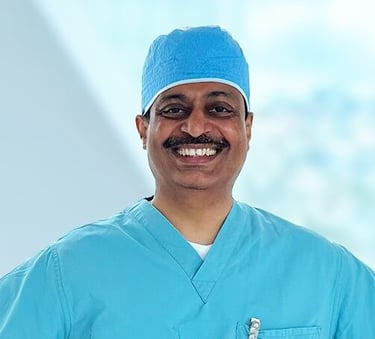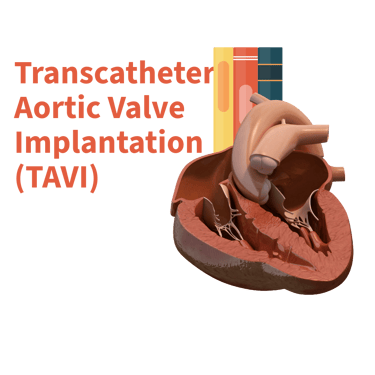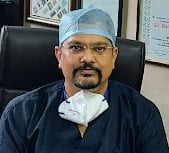Transcatheter Aortic Valve Implantation
(TAVI)

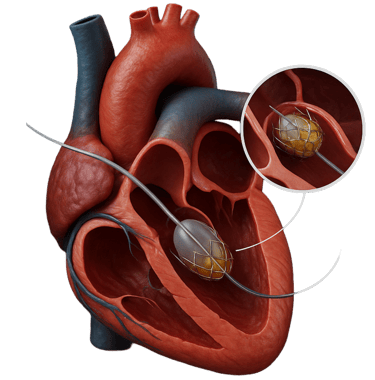
BEST TAVI SPECIALISTS IN DELHI
Dr. Viveka Kumar
MBBS, MD (Medicine), DM (Cardiology)
Principal Director - Max Hospital, Saket, New Delhi
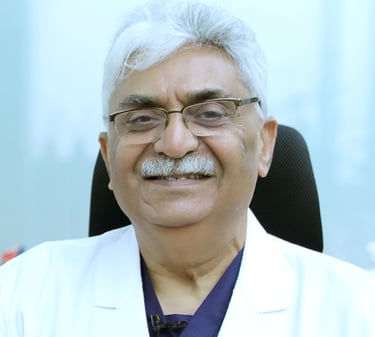



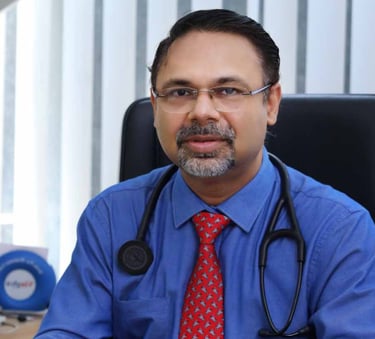

Dr. T. S. Kler
Dr. Ripen Gupta
Dr. Amitabh Yaduvanshi
MBBS, MD (Medicine), DM (Cardiology) FRCP
MBBS, MD (Medicine), DM (Cardiology)
Chairman and HOD - BLK-Max Heart & Vascular Institute in BLK-Max Super Speciality Hospital, Delhi
Senior Director & Unit Head, Max Smart Hospital, Saket
Holy Family Hospital, Okhla, New Delhi
MBBS, MD (Medicine), DM (Cardiology), FACC, FESC, FSCAI
Minimal Invasive Heart Valve Replacement Cost
Open Heart Valve Replacement Cost
TAVI/TAVR Cost
₹3,00,000 - ₹4,00,000
₹3,50,000 - ₹5,00,000
₹15,00,000 - ₹25,00,000
WHAT IS TAVI / TAVR?
Transcatheter aortic valve replacement (TAVR), alternatively termed transcatheter aortic valve implantation (TAVI), is a medical intervention aimed at addressing aortic stenosis—a condition characterized by the constriction of the aortic valve. This constriction impedes the normal blood flow throughout your body, compelling your heart to exert extra effort.
Click to read more . . .
BE INFORMED
Transcatheter Aortic Valve Implantation (TAVI), also known as Transcatheter Aortic Valve Replacement (TAVR), is a minimally invasive procedure designed to address aortic valve stenosis, a condition where the aortic valve becomes narrowed, hindering the normal flow of blood from the heart to the rest of the body. Unlike traditional open-heart surgery, TAVI/TAVR involves inserting a replacement valve—often made from animal tissue—through blood vessels, guided to the heart using imaging technology. Once in place, the new valve expands, effectively taking over the function of the diseased valve, and helps restore proper blood flow.
Patients who might opt for TAVI/TAVR are those diagnosed with severe aortic stenosis, a condition where the aortic valve becomes narrowed, restricting blood flow from the heart to the rest of the body. People who are considered at high or intermediate risk for complications during open-heart surgery might be recommended for TAVI/TAVR. Additionally, individuals who are not suitable candidates for traditional open-heart surgery due to other health conditions might also opt for this procedure.
TAVI/TAVR involves threading a replacement valve through blood vessels, usually in the groin or chest, guided to the heart using imaging technology. The new valve, often made from animal tissue, is positioned inside the diseased valve and expanded, taking over its function. This helps restore proper blood flow without requiring the chest to be opened as in traditional surgery.
The procedure is done to alleviate symptoms associated with aortic valve stenosis, such as chest pain, shortness of breath, and fatigue, ultimately improving a patient's quality of life and reducing mortality risk associated with severe aortic stenosis.
WHAT IS TAVR / TAVI?
WHICH PATIENT SHOULD OPT FOR TAVI?
HOW TAVI WORKS / HOW IS TAVI DONE?
BEST TAVI SPECIALISTS IN INDIA
Dr. Dhiren Shah
MBBS, MS, M.Ch
Director, CIMS Hospital in Ahmedabad, Gujarat


